IHS Markit: average cost of lithium-ion battery cell to fall below $100/kWh in 2023
Green Car Congress
SEPTEMBER 24, 2020
The average cost of a Li-ion battery cell—used to power electric vehicles and to provide flexibility in the power grid as more renewables, such as solar and wind, are added will fall below $100 per kilowatt hour (kWh) in the next three years, according to a new analysis by IHS Markit. Cost is the name of the game.







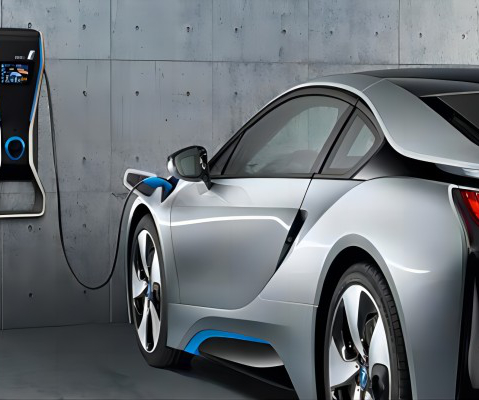

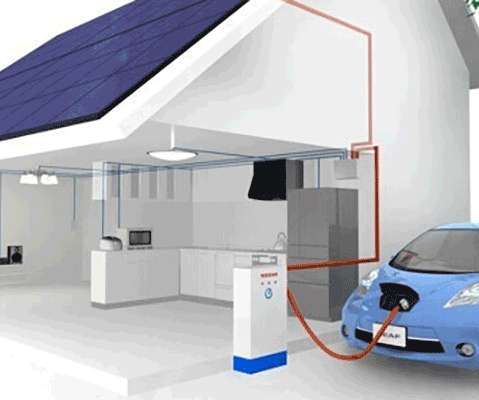










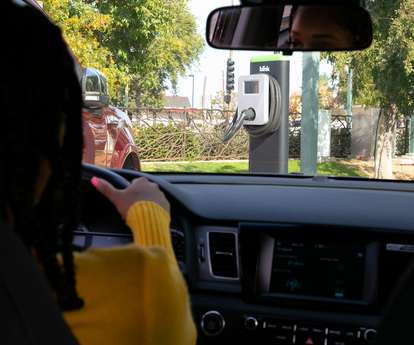





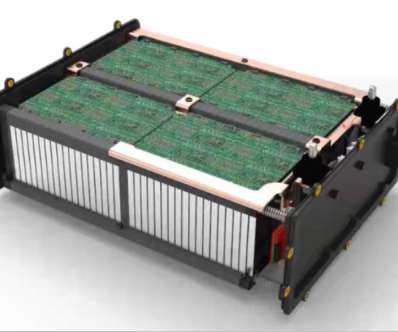




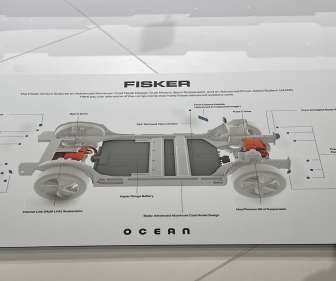


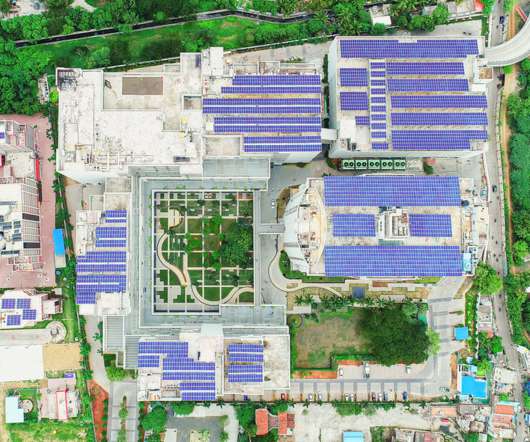








Let's personalize your content